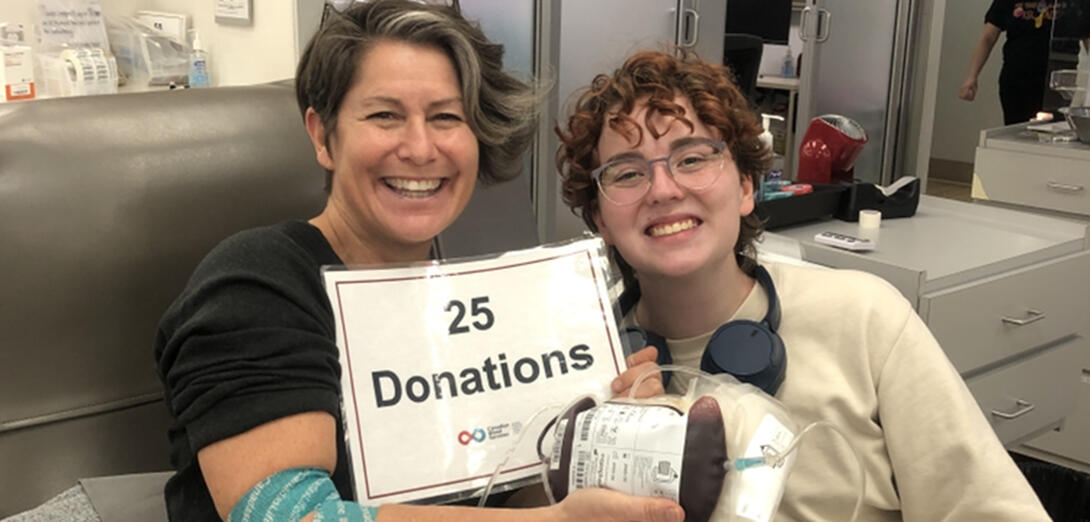Social media has become part of our lives. It can connect and inform. Over the past 15 years, social media platforms have become powerful — so much so that they can even influence elections. However, it’s important to remember that what we see online is not always real or the full story. And sometimes it’s just not good for us.
As teachers, we know there is growing concern about and awareness of social media’s impact on mental health. The new cell phone policy in Alberta is a direct result of a concern for mental health in our children and youth. Even as we try to help our students navigate the tricky world of social media, we can also reflect on the impact of social media on our own well-being.
I love Facebook (so I fit the norms of my age group). I love sharing content on various topics with family and friends, and I try to limit my political content. My algorithm has kept the content I see fairly positive, and I haven’t noticed a negative effect on myself, though I am aware that scrolling social media takes away from social interactions and time outside.
Facebook remains a preferred social media platform for many teachers, but its relevance among younger generations, particularly Gen Z, has decreased. My 20-something-year-old children like Facebook for Marketplace, and that’s about it (they too fit the profile). Gen Z’ers tend to use Instagram, a platform that makes filtering photos so easy. Regardless of the platform, though, we see that social media users often post the best, most aesthetically pleasing images they can, whether or not they reflect real life. These superficial, filtered posts can affect the mental health issues of users, who might not understand that the posts they see aren’t always reality.
Communication via social media can also create issues when it comes to our mental health. On the one hand, social media platforms can facilitate quick and easy communication and information sharing, which is great. However, we also need to be mindful of the impact online conversations can have.
On social media, we see great divisiveness on a range of topics, whether it be on the use of electric cars or on our own voting on the mediator’s recommendations. There is a fine line between sharing thoughts, opinions and questions, and engaging in harsh online discourse. As people become more anxious about global and local events, it seems to be more difficult to avoid becoming pulled into such discourse. I have colleagues who identified a demise in their own mental health and so chose to remove themselves from groups and chats. It is an easy way to help yourself if the negativity starts to feel like too much. In those times, you might consider taking some days off social media or using timers on apps to reduce your time on your device.
Social media can be a source of important information and connection, and it is not going away any time soon. Being mindful of how we use these platforms and recognizing their potential effects — on others and ourselves — needs to remain a priority to ensure we are taking care of ourselves. ❚
I welcome your comments. Contact me at kristine.wilkinson@ata.ab.ca.

Editor-in-Chief, ATA News


